Wert thou my enemy, O thouAnd why must Disappointment all I endeavour end?Oh, the sots and thralls of lust

Thou Art Indeed Just Lord If I Contend Poetry Over All Summary And Story In Tamil Youtube
Thou art indeed just lord meaning
Thou art indeed just lord meaning-Thou art indeed just, Lord, if I contend With thee;— That is, any such pleasure as he needs in order to his happiness?
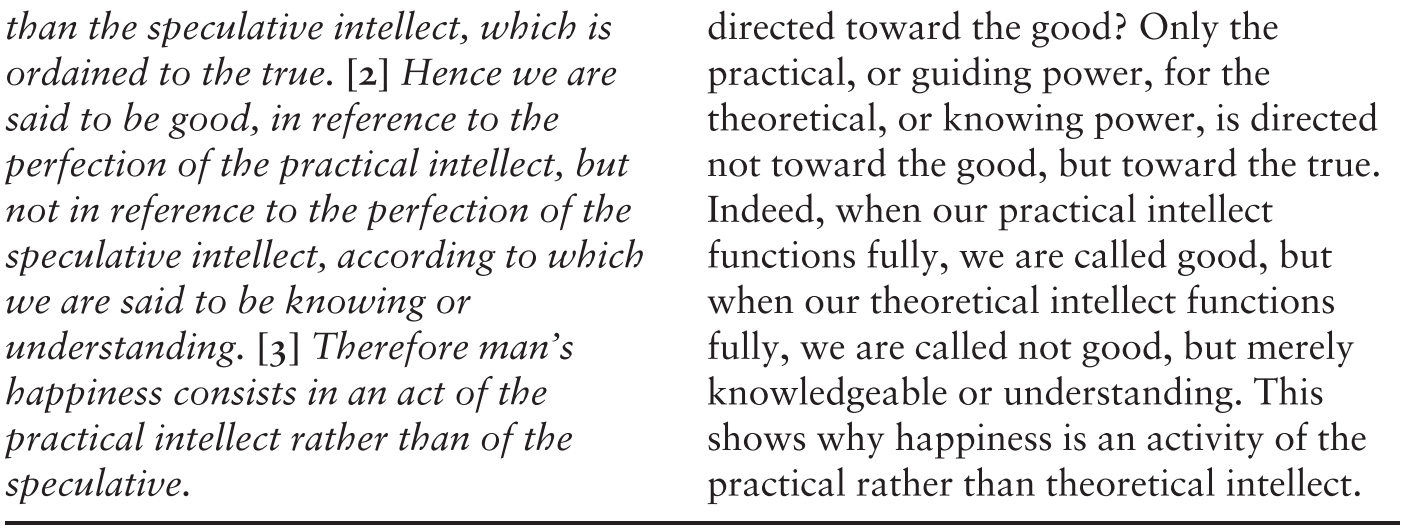



What Then Is Complete Happiness In Itself And In What Does It Really Lie Question 3 Commentary On Thomas Aquinas S Treatise On Happiness And Ultimate Purpose
"Thou Art Indeed Just, Lord" is one of a group of poems by Gerard Manley Hopkins known as the "terrible sonnets", a group of poems of religious despair, in which the poet struggles with a√70以上 thou art indeed just lord slideshare Thou art indeed just lord slideshare Hopkins, dissatisfied and unhappy, is complaining to his god "Contend" means here to argue one's case against another, to struggle against anotherWert thou my enemy, O thou my friend, How wouldst thou worse, I wonder, than thou dost Defeat, thwart meThou art indeed just, Lord, if I contend With thee;
This is a cry of theodicy, a questioning of God's goodness and care in a difficult world that seems far from ideal He then ends it with a plea for help and a praisefilled recognition of the Lord as the true source of refreshment Thou art indeed just, Lord, if I contend With thee;Start studying Thou art indeed just, Lord, if I contend Learn vocabulary, terms, and more with flashcards, games, and other study tools Thou Art Indeed Just, Lord, If I Contend Poem by Gerard Manley Hopkins Read Gerard Manley Hopkins poemJustus quidem tu es, Domine, si disputem tecum verumtamen justa loquar ad te Quare via impiorum prosperatur?
A Short Analysis of Gerard Manley Hopkins's 'Thou art indeed just, Lord' A summary of 'Justus quidem tu es, Domine' 'Thou art indeed just, Lord, if I contend' is the first line of a poem that is variously titled 'Thou art indeed just, Lord' or, in Latin, 'Justus quidem tu es, Domine' It was written in March 18, only a THOU art indeed just, Lord, if I contend With thee;Thou art indeed just, Lord, if I contend Justus quidem tu es, Domine, si disputem tecum;




Thou Art Indeed Just Lord By Hopkins In Hindi G M Hopkins Youtube




Though Art Indeed Just Lord Poem And Discussion
And why must Disappointment all I endeavour end?Thou art indeed just, Lord, if I contend With thee;Heath renders it, any advantage God, we know, approves of and accepts the good actions of his people, and is often said in Scripture to delight in them;



Scielo Brasil Islam As The National Identity For The Formation Of Pakistan The Political Thought Of Muhammad Iqbal And Abu L Ala Mawdudi Islam As The National Identity For The Formation




Gerard Manley Hopkins Wikipedia
Thou art indeed just, Lord, if I contend With thee;Recent Language and tone in Thou Art Indeed Just, Lord The language is very direct Notice how most words are, in fact, monosyllabic, and being verbs or nouns, take a full stress 'thwart', 'sots and thralls of lust', 'thrive', 'spend / Sir, life', 'not breed one work that wakes', and the last line which is entirely monosyllabicOh, the sots and thralls of lust Do in spare hours more thrive than I that
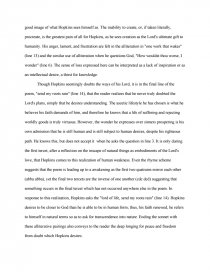



Thou Art Indeed Hopkins Research Paper




Justus Quidem Tu Es Domine Si Disputem Tecum Verumtamen Justa Loquar Ad Te The Journal Pulp
Verumtamen justa loquar ad te Quare via impiorum prosperatur?And as for him who disobeys me Thou art, verily, muchforgiving, a dispenser of graceAnd why must Disappointment all I endeavour end?




Thou Art Indeed Just Lord If I Contend Poetry Over All Summary And Story In Tamil Youtube




Thou Art Indeed Just Lord Reviews Rants And Rambles
And why must Disappointment all I endeavour end?Thou art indeed just, Lord, if I contend With thee;But, sir, so what I plead is just
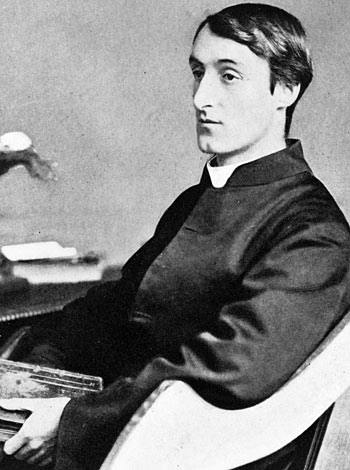



Gerard Manley Hopkins Wikipedia




Thou Art Indeed Just Lord If I Contend With Thee But Sir So What I Plead Is Just Why Do Sinners Ways Prosper And Why Must Disappointment All I Endeavour End Gerard
Saying, If thou hadst known, even thou, at least in this thy day, the things which belong unto thy peace!Wert thou my enemy, O thou my friend, How wouldst thou worse, I wonder, than thou dost Defeat, thwart me?#thouartindeedjustlord #Hopkins #gmHopkins #poetry #literature #English #Englishliterature




What Then Is Complete Happiness In Itself And In What Does It Really Lie Question 3 Commentary On Thomas Aquinas S Treatise On Happiness And Ultimate Purpose




Biblical Series Ix The Call To Abraham Transcript Jordan Peterson
Oh, the sots and thralls of lust&c Thou art indeed just, Lord, if IAyah Ibrahim (Abraham) 1436 Popular and/or Featured Works Muhammad Asad for, verily, O my Sustainer, these false objects of worship have led many people astray!
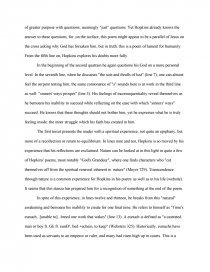



Thou Art Indeed Hopkins Research Paper
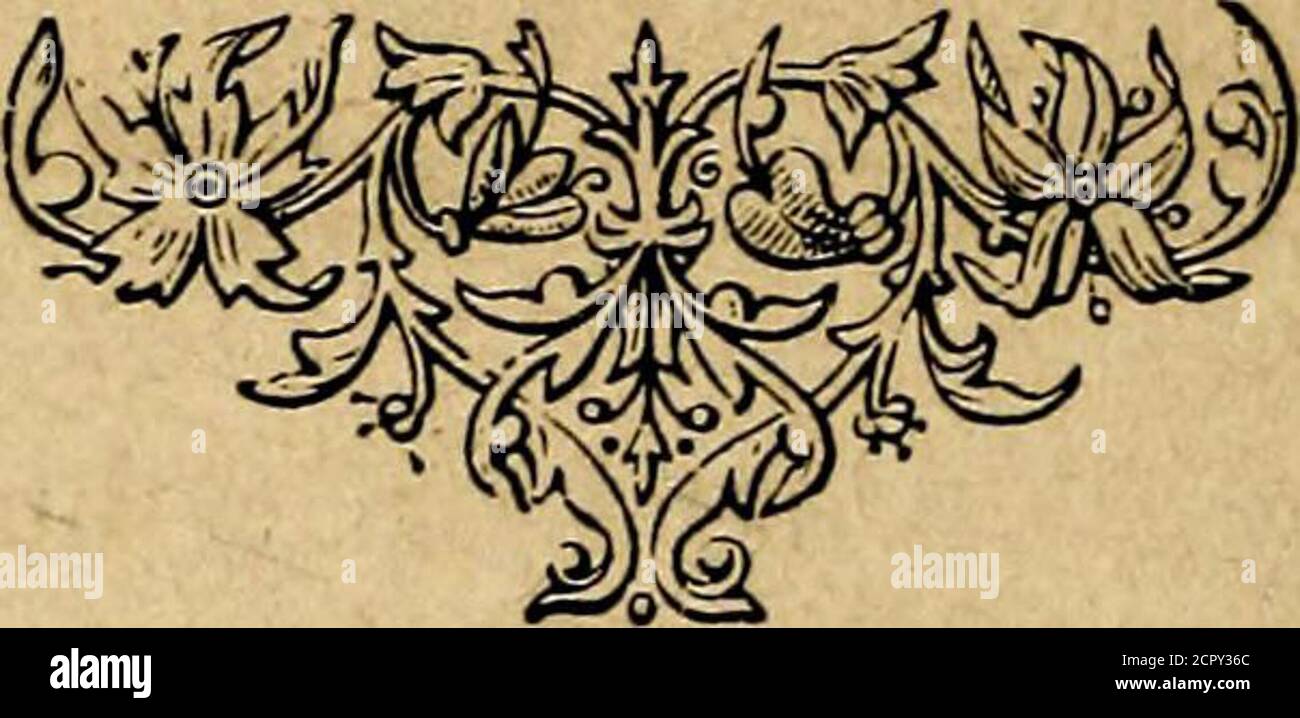



Page 3 Thou Art The Man High Resolution Stock Photography And Images Alamy
But, sir, so what I plead is just Why do sinners' ways prosper? It is a hymn, in that the words are directed to God, speak of God's good works, recognise him in all things, and are "lost in wonder, love, and praise", as Charles Wesley would have it It uses the sprung rhythm that the American poet Robert Hass says transcends the "easy fit" to "give the feeling of overmuch"Gerard Manley Hopkins (1844–) Poems 1918 50 'Thou art indeed just, Lord, if I contend' Justus quidem tu es, Domine, si disputem tecum verumtamen justa loquar ad te Quare via impiorum prosperatur?




Gerald Manley Hopkins Thou Art Indeed Just Poem Suryansh S Blogspot



Www Kngac Ac In Elearning Portal Ec Admin Contents 2 18k1e02 Pdf
And why must Disappointment all I endeavour end?Contextual translation of "thou art indeed just lord" into Hindi Human translations with examples MyMemory, World's Largest Translation MemoryWert thou my enemy, O thou my friend, How wouldst thou worse, I wonder, than thou dost Defeat, thwart me?




150 Funeral Poems And Readings Legacy Com




Though Art Indeed Just Lord Poem And Discussion
Wert thou my enemy, O thou my friend, How wouldst thou worse, I wonder, than thouIn 18, only weeks before his death, Hopkins wrote another sonnet, often linked with the Terrible Sonnets, 'Thou art indeed just, Lord' This sonnet is a hurt protest by the good and devout priest that God allows the wicked to prosper while Hopkins, who has devoted his whole life to the service of God in the slums of cities such as Liverpool and Glasgow and Dublin, suffers the tortures ofJob 223 Is it any pleasure to the Almighty that thou art righteous?




Thou Art Indeed Just Lord If I Contend With Thee But Sir So What I Plead Is Just Why Do Sinners Ways Prosper And Why Must Disappointment All I Endeavour End Gerard




I Wake And Feel The Feel Of Dark Not Day Poem Analysis
Pop Haydn reads Thou Art Indeed Just, Lord by Gerard Manley HopkinsThou Art Indeed Just, LordBy Gerard Manley HopkinsJustus quidem tu es, Domine, si dispute2 Thou hast planted them, and they have taken root they prosper and bring forth fruit thou art near in their mouth, and far fromOh, the sots and thralls of lust



Www Jstor Org Stable




Though Art Indeed Just Lord Poem And Discussion
But, sir, so what I plead is just Why do sinners' ways prosper?But, sir, so what I plead is just Why do sinners' ways prosper? 'Thou art indeed Just, Lord' is one of the most widely known sonnets of Gerard Manley Hopkins It shows, on the one hand, the deep faith of the poet, and holds, on the other, some of his pleadings and complaints It is also rich in autobiographical elements It further shows the technical skill of Hopkins




68 Thou Art Indeed Just Lord By G M Hopkins English Literature Sonnet Dsssb Kvs Nvs Up Tgt Pgt Net Youtube




Study Guide To Thou Art Indeed Just Lord If I Contend Gerard Manley Hopkins
Every power as Thou shalt choose No one better than Frances fully understood the spiritual meaning of this hymn for the life of Francis Havergal was indeed a life of consecration One day she wrote to a friend "the Lord has shown me another little step, and of course I have taken it with extreme delightBut thou, O Lord, whose life is forever and in whom nothing diessince before the world was, indeed, before all that can be called "before," thou wast, and thou art the God and Lord of all thy creatures;The second time, it is Hopkins' complaint




Thou Art Indeed Just Lord If I Contend By Poetry Foundation




Time And Eternity Ecclesiastes 3 1 15 Harvest Community Church
Thou art indeed just, Lord, if I contend With thee;And why must Disappointment all I endeavour end?But, sir, so what I plead is just Why do sinners' ways prosper?




Hopkinsiana




Though Art Indeed Just Lord Poem And Discussion
"Hence, only he who follows me in this my faith ~ is truly of me; Gerard Manley Hopkins Thou Art Indeed Just, Lord The man speaking in this poem seems to be begging God for answers in the midst of very adverse times He seems to be struggling to stay a good man and away from the sinner's way of lifeAnd why must Disappointment all I



Www2 Latech Edu Bmagee 210 Na Major Authors8e Pdf



Khaled Hosseini Quote If Thou Art Indeed My Father Then Hast Thou Stained Thy Sword In The Life Blood Of Thy Son And Thous Didst It Of Thine Obstinacy For I Sought To
Wert thou my enemy, O thou my friend, How wouldst thou worse, I wonder, than thou O Lord, we would have the blessings of our fellowcreatures, the blessings that come from their hearts;But, sir, so what I plead is just Why do sinners' ways prosper?




Though Art Indeed Just Lord Poem And Discussion
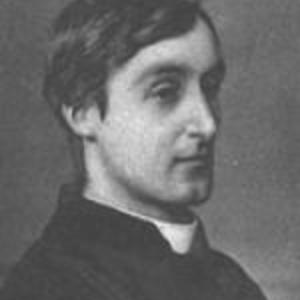



Thou Art Indeed Just Lord If I Contend By Gerard Manley Hopkins Famous Poems Famous Poets All Poetry
But, sir, so what I plead is just Why do sinners' ways prosper?And with thee abide all the stable causes of all unstable things, the unchanging sources of all changeable things, and the eternalBut, sir, so what I plead is




Thou Art Indeed Just Lord If I Contend With Thee But Sir So What I Plead Is Just Why Do Sinners Ways Prosper And Why Must Disappointment All I Endeavour End Gerard




Gerard Manley Hopkins Wikipedia
The primary theme of Victorian poet Gerard Manley Hopkins 's "Thou art indeed just, Lord" is the philosophical problem of evil This issue concerns the existence of evil in a Thou art indeed just, Lord, if I contend With thee;Themes in Thou Art Indeed Just, Lord So the main theme is a theodicy , a theological term which means trying to understand evil in the light of a God who is perfect and who loves justice In the opening four lines, Hopkins repeats the word 'just' the first time it is God who is believed to be just;



Www Jstor Org Stable



Rm Coe Int c
Interpretation of Gerald Manley Hopkins "Thou Art Indeed Just, Lord" Imagine being a Jesuit Priest, giving everything to the God you serve, and then when you've given all you know how to give, feeling so empty so frustrated with God that you are compelled to argue with the very God you vowed poverty, chastity and obedience to in order to receive personal success Thou Art Indeed Just, Lord, If I Contend Justus quidem tu es, Dominie, si disputem tecum Verumtamen justa ad te Quare via impiorum prosperatur? Thou art indeed just, Lord, if I contend With thee;



With Friends Like You Who Needs Enemies Hopkins Thou Art Indeed Just Hokku




Thou Art Indeed Just Lord If I Contend Poem Analysis
But, "Oh that Thou wouldest bless me indeed!" for thou canst bless with authority Their blessings may be but words, but thine are effectualBut, sir, so what I plead is justHopkins, dissatisfied and unhappy, is complaining to his god "Contend" means here to argue one's case against another, to struggle against another



Http Ecommons Luc Edu Cgi Viewcontent Cgi Article 1622 Context Luc Theses
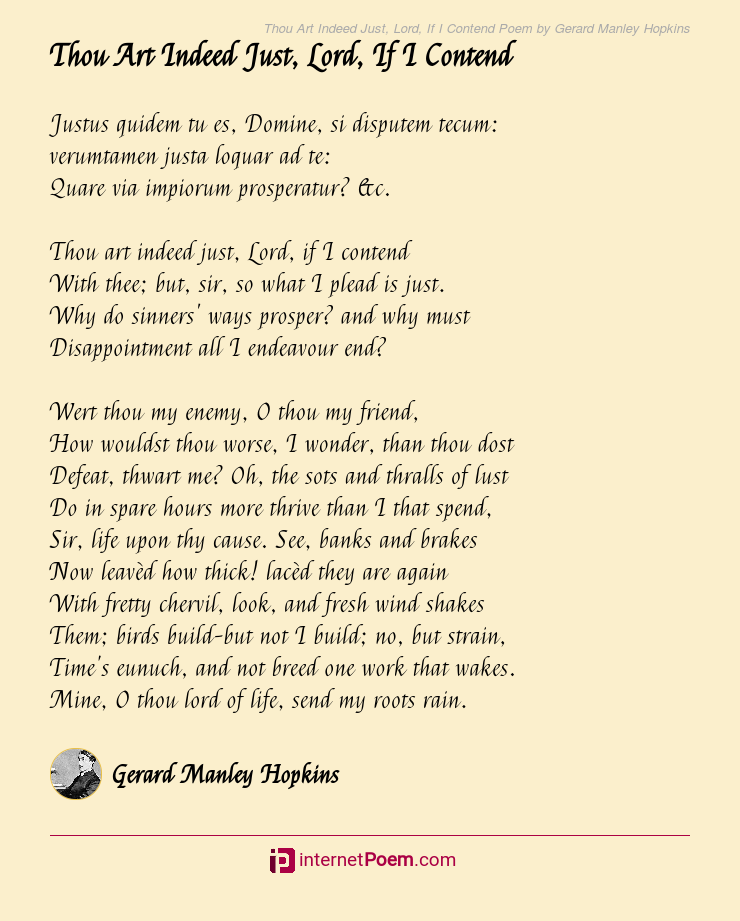



Thou Art Indeed Just Lord If I Contend Poem By Gerard Manley Hopkins
This dual nature of faith makes itself evident in the poem through the attitudes taken by Hopkins The opening lines, "Thou art indeed just, Lord, if I contend/with thee" (Hopkins ) imparts to the reader a sense of acceptance of the fair nature of the LordWert thou my enemy, O thou my friend, How wouldst thou worse, I wonder, than thou dost Defeat, thwart me?But, sir, so what I plead is just Why do sinners' ways prosper?
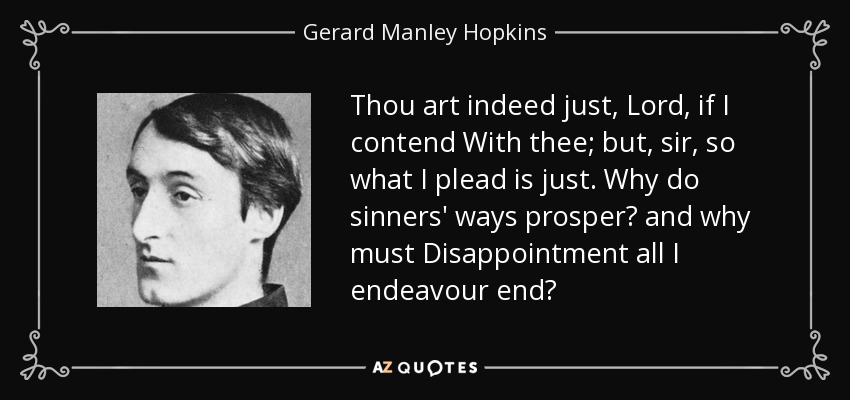



Gerard Manley Hopkins Quote Thou Art Indeed Just Lord If I Contend With Thee




Thou Art Indeed Just Lord If I Contend By G M Hopkins Summary And Line By Line Explanation Youtube
"Thou art indeed just, Lord, if I contend" Justus quidem tu es, Domine, si disputem tecum verumtamen justa loquar ad te Quare via impiorum prosperatur?But certainly cannot be advantaged by themThou Art Indeed Just, Lord, If I Contend Analysis Gerard Manley Hopkins critical analysis of poem, review school overview Analysis of the poem literary terms Definition terms Why did he use?
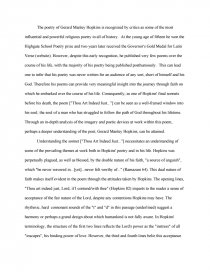



Thou Art Indeed Hopkins Research Paper




Christ Whose Glory Fills The Skies Hymnology Archive
But, sir, so what I plead is just Why do sinners' ways prosper?Hopkins, dissatisfied and unhappy, is complaining to his god "Contend" means here to argue one's case against another, to struggle against anotherStudy Guide to "Thou Art Indeed Just, Lord, if I contend" This poem was written in Dublin on 17 March, 18, one of the last poems that Hopkins wrote before he died of typhus on 8 June Hopkins's life in Ireland had been one of hardships physical illness, a heavy teaching load, little time for research or for poetry




Though Art Indeed Just Lord Poem And Discussion




Breviary Hymns Poem Thou Art Indeed Just Lord
Thou art indeed just, Lord, if I contend With thee;Short summary describing Thou Art Indeed Just, Lord, If I Contend Analysis Gerard Manley Hopkins Characters archetypesBut, sir, so what I plead is just Why do sinner's ways prosper?




Thou Art Indeed Just Lord If I Contend Poem Analysis




A Short Analysis Of Gerard Manley Hopkins S Thou Art Indeed Just Lord Interesting Literature
But now they are hid from thine eyes bless me Genesis 122 And I will make of thee a great nation, and I will bless thee, and make thy name great;But, sir, so what I plead is just Why do sinners' ways prosper?Wert thou my enemy, O thou my friend, How wouldst thou worse, I wonder, than thou dost Defeat, thwart me?




Pdf The Cursing Psalms Religious Poetry From Psalms Through Donne And Herbert Down To Eliot And Stevens




Though Art Indeed Just Lord Poem And Discussion
And why must Disappointment all I endeavour end?Thou art / in deed / just, Lord, / if I / con tend With thee; Thou Art Indeed Just, Lord is a sonnet by Fr Gerard Manley Hopkins, SJ (1844–18) It draws upon the prophet Jeremiah's petition of complaint to God found in Jeremiah 1214 Thou Art Indeed Just, Lord was first published in the posthumous collection Poems (1918) It is included in the Poetry Appendix of the Liturgy of the Hours (1975)




Thou Art Indeed Just Lord If I Contend Poem Analysis




Commentary On Thou Art Indeed Just Lord Gerard Manley Hopkins Selected Poems Study Guide From Crossref It Info
&c Thou art indeed just, Lord, if I contend With thee; Gerard Manley Hopkins Thou Art Indeed Just, Lord The speaker seems to be agonizing as to why his season of prosper has not come in light of his committment to God and his word The author writes "Thou are indeed just, Lord, if I contend With thee;And why must Disappointment all I endeavor end?
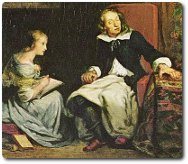



Structure And Versification In Thou Art Indeed Just Lord Gerard Manley Hopkins Selected Poems Study Guide From Crossref It Info




John St Andrew S Expositional Commentary Sproul R C Amazon Com Books
/ but, sir, / so what / I plead / is just Its rhyming scheme is that of a typical Petrarchan sonnet abba cddc / efefef SENSE Hopkins was a Jesuit priest with a profoundly mystical nature He believed in total obedience to the Word of God and to the will of his spiritual superiorsBut, sir, so what I plead is just Why do sinners' ways prosper?Wert thou my enemy, O thou my friend, How wouldst thou worse, I wonder, than thou dost Defeat, thwart me?



Http Www Bruno Latour Fr Sites Default Files 79 Res Sermon Gb Pdf




Thou Art Indeed Just Lord If I Contend Poem Analysis
And thou shalt be a blessing Genesis 3226 And he said, Let me go, for the day breakethJeremiah 12 DouayRheims 19 American Edition (DRA) 12 Thou indeed, O Lord, art just, if I plead with thee, but yet I will speak what is just to thee Why doth the way of the wicked prosper why is it well with all them that transgress, and do wickedly?And why must Disappointment all I endeavour end?



Portal Research Lu Se Ws Files Narratorial Commantary In The Novel Of George Eliot Pdf




Thou Art Indeed Just Lord Reviews Rants And Rambles
And why must Disappointment all I endeavour end?Oh, the sots and thralls of lust




Though Art Indeed Just Lord Poem And Discussion
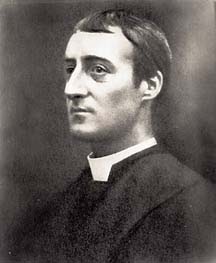



Thou Art Indeed Just Lord If I Contend By Gerard Manly Hopkins Poetry Through Ages
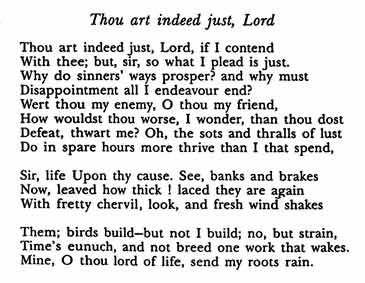



Dramatic Poems




Currency From Opinion Imitation Banknotes And The Materiality Of Paper Currency In Britain 17 1847 Lahikainen 17 Art History Wiley Online Library
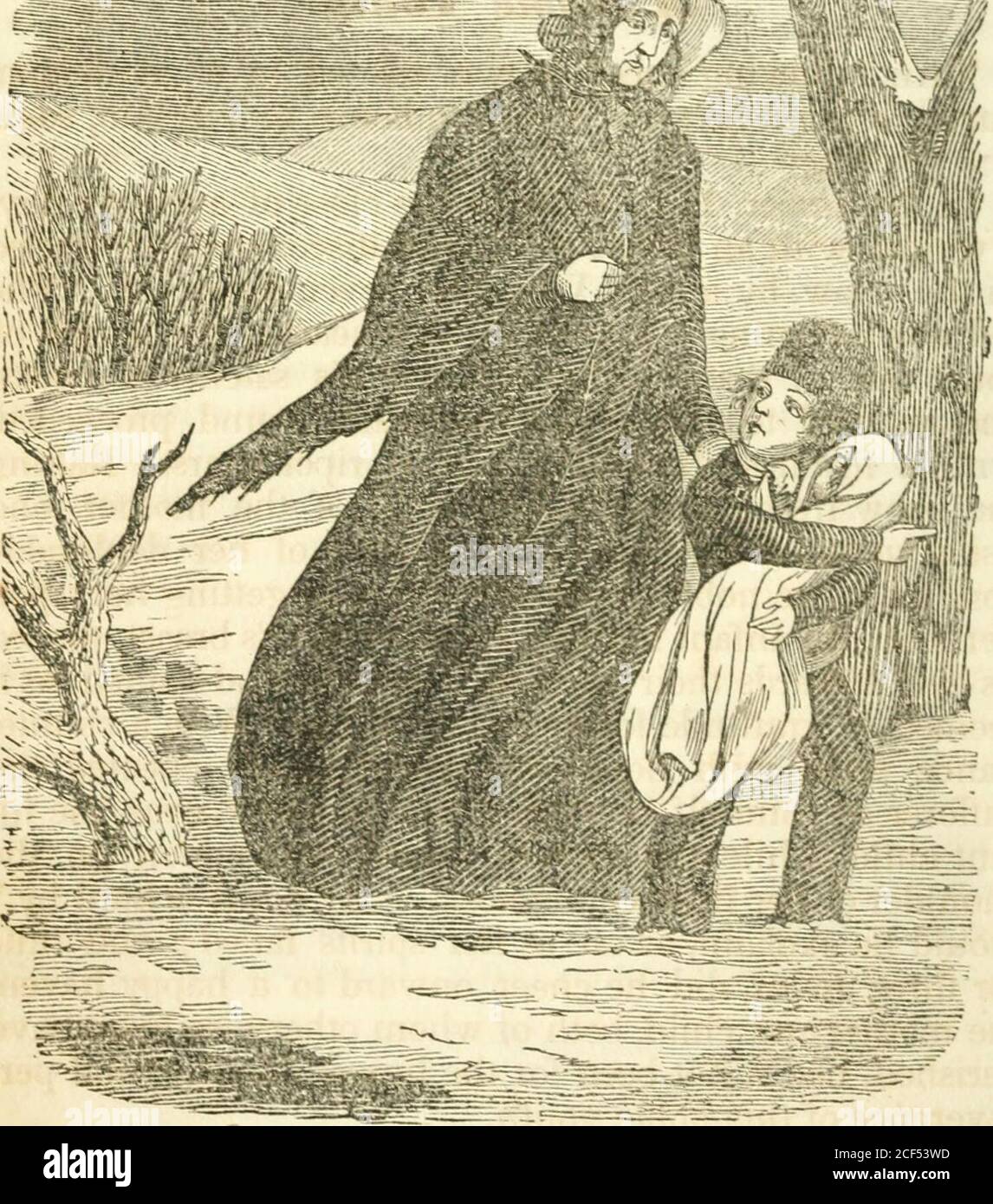



Page 3 Thou Art The Man High Resolution Stock Photography And Images Alamy




Though Art Indeed Just Lord Poem And Discussion



Www Athensjournals Gr Reviews 21 4275 Ajp Pdf



Www Jstor Org Stable




Thou Art Indeed Just Lord If I Contend Poetry Over All Summary And Story In Tamil Youtube




Juz 28 Synchronized Quran Recitation With English Translation Islamicity



Hop Thou Art Indeed Just Lord If I Contend Year 10 English




Critical Estimate Of Gerard Manley Hopkins S Sonnet Thou Art Indeed Just Lord If I Contend




Though Art Indeed Just Lord Poem And Discussion



Www Jstor Org Stable



Www Degruyter Com Document Doi 10 1515 015 Pdf




Thou Art Indeed Just Lord If I Contend By G M Hopkins Summary And Line By Line Explanation Youtube



Portal Research Lu Se Ws Files Narratorial Commantary In The Novel Of George Eliot Pdf




Thou Art Indeed Just Lord If I Contend Gerard Manley Hopkins




Though Art Indeed Just Lord Poem And Discussion



Web Stanford Edu Kiparsky Papers Sprung Rhythm Pdf




Though Art Indeed Just Lord Poem And Discussion




The Windhover Reviews Rants And Rambles




Thou Art Indeed Just Lord G M Hopkins Youtube



Digitalcommons Lsu Edu Cgi Viewcontent Cgi Article 6478 Context Gradschool Disstheses




Though Art Indeed Just Lord Poem And Discussion




Commentary In Proverbs
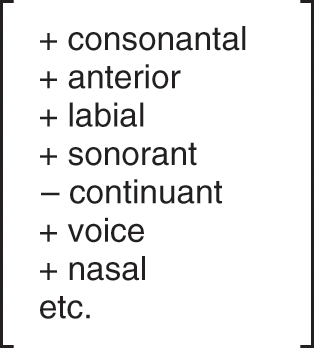



The Meaning Of A Poem Chapter Six Poetry And Language




The Terrible Sonnets Not So Terrible After All Reviews Rants And Rambles




Thou Art Indeed Just Lord If I Contend With Thee But Sir So What I Plead Is Just Why Do Sinners Ways Prosper And Why Must Disappointment All I Endeavour End Gerard




Spring And Fall By Gerard Manley Hopkins Poem Analysis




A Short Analysis Of Gerard Manley Hopkins S Thou Art Indeed Just Lord Interesting Literature
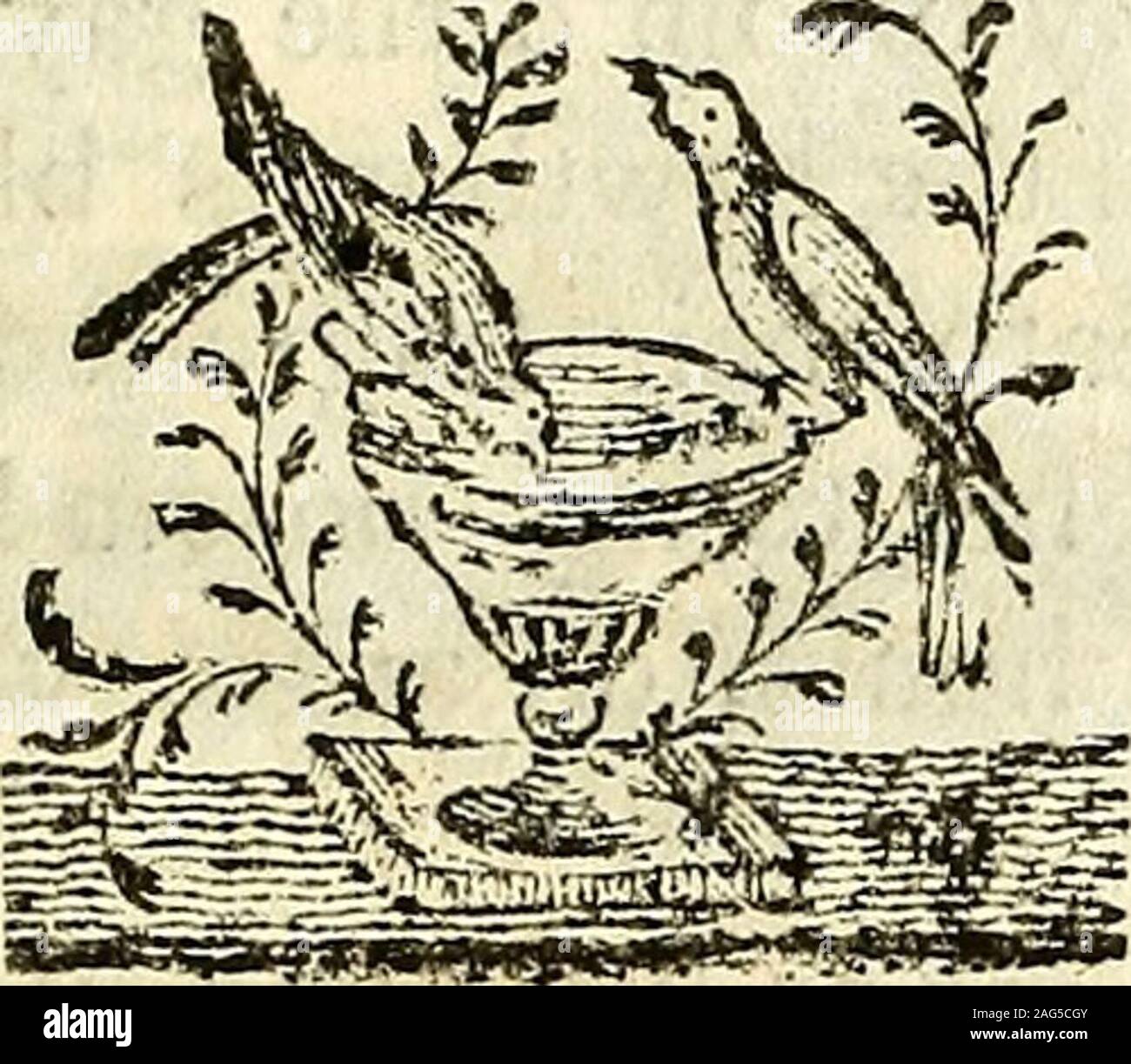



Page 3 Thou Art The Man High Resolution Stock Photography And Images Alamy




Commentary In Isaiah




Critical Estimate Of Gerard Manley Hopkins S Sonnet Thou Art Indeed Just Lord If I Contend



Muse Jhu Edu Book 670 Pdf
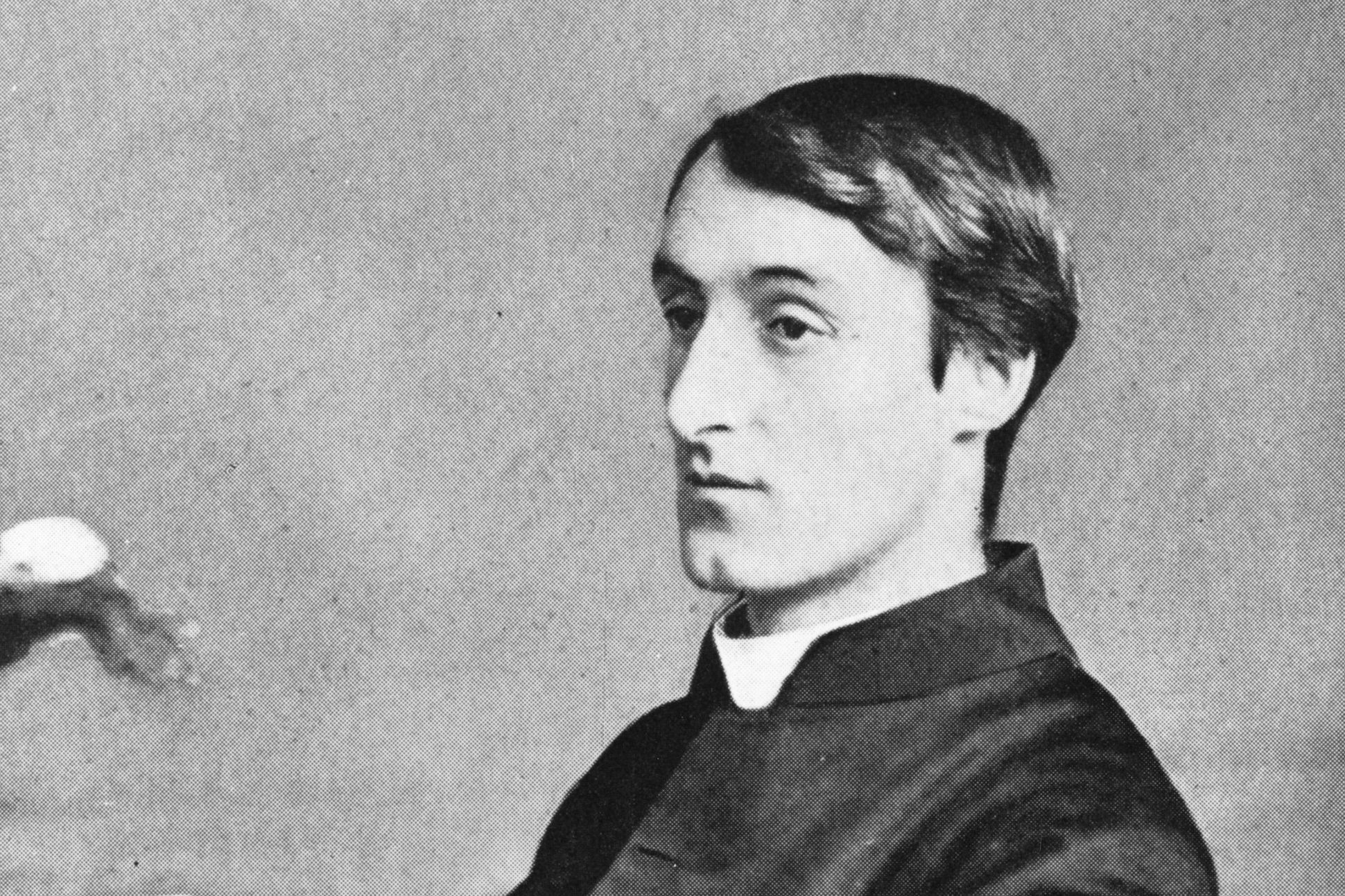



Thou Art Indeed Just Lord If I Contend By Poetry Foundation




If Thou Art Indeed My Father Then Hast Thou Stained Thy Sword Idlehearts



2



Www Jstor Org Stable



Journals Openedition Org Kernos Pdf 711




Blog Encouraged By Faith Thou Art Indeed Just Lord
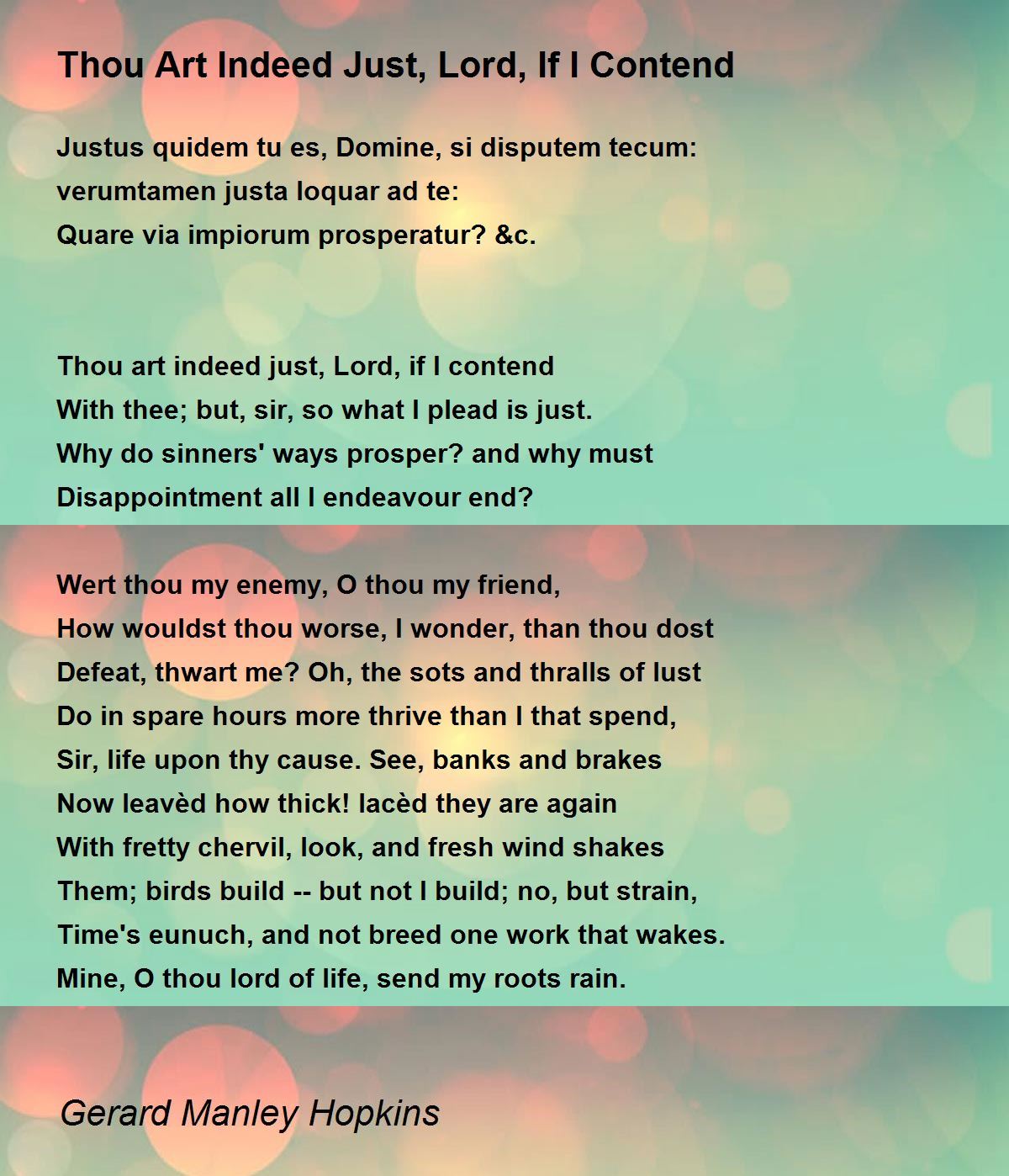



Thou Art Indeed Just Lord If I Contend By Gerard Manley Hopkins Thou Art Indeed Just Lord If I Contend Poem



0 件のコメント:
コメントを投稿